২১ ফাল্গুন ১৪৩২
Peruvian Nobel Prize-winning Writer Mario Vargas Llosa passes away
14 April 2025 20:04 PM
NEWS DESK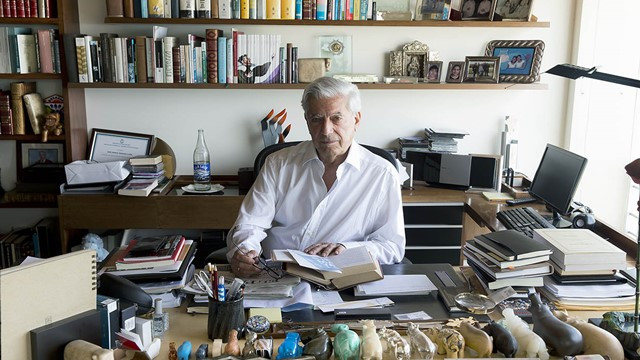
Peruvian writer Mario Vargas Llosa, who enchanted readers with his intellectual rigor and lyrical prose for five decades and came close to being president of his country, died on Sunday aged 89.
He died in the country's capital Lima surrounded by his family and "at peace," his son Alvaro Vargas Llosa, a well-known political commentator, said on X.
A leading light in the 20th century Latin American literature boom, Vargas Llosa won the Nobel Prize for literature in 2010 for works like "Aunt Julia and the Scriptwriter," "Death in the Andes," and "The War of the End of the World."
But early on he abandoned the socialist ideas that were embraced by many of his peers, and his dabbling in politics and conservative views annoyed much of Latin America's leftist intellectual class.
In 1990, he ran for president of Peru, saying he wanted to save his country from economic chaos and a Marxist insurgency. He lost in the run-off to Alberto Fujimori, a then-unknown agronomist and university professor who defeated the insurgents but was later jailed for human rights crimes and corruption.
Frustrated by his loss, the writer moved to Spain but remained influential in Latin America, where he harshly criticized a new wave of strident leftist leaders led by then-Venezuelan President Hugo Chavez.
In his dozens of novels, plays and essays, Vargas Llosa told stories from various viewpoints and experimented with form -moving back and forth in time and switching narrators. His work crossed genres and established him as a foundational figure in a generation of writers that led a resurgence in Latin American literature in the 1960s.
His books often examined the unnerving relationships between leaders and their subjects. "The Feast of the Goat" (2000) details the brutal regime of Dominican Republic dictator Rafael Trujillo, while "The War of the End of the World" (1981) tells the true story of a fanatical preacher whose flock dies in a deadly war with Brazil's army in the 1890s.
Born to middle-class parents in Arequipa, Peru, on March 28, 1936, Vargas Llosa lived in Bolivia and the Peruvian capital Lima. He later made a home in Madrid, but retained influence in Peru, where he wrote for newspapers about current events.
Vargas Llosa frequently drew from personal experience and his family, at times inserting characters based on his own life into his tales.
His acclaimed debut novel, "The Time of the Hero" (1963), was loosely based on his teenage life as a cadet at a military academy in Lima, while his 1993 memoir, "A Fish in the Water," focused on his 1990 presidential run.
Other works expressed deep concern for his country. "The Storyteller" (1987) deals with the clash of Indigenous and European cultures in Peru, while "Death in the Andes" (1993) recounts the haunting years of the Shining Path guerrilla movement.
"An author's work is fed by his own experience and, over the years, becomes richer," Vargas Llosa told Reuters in an interview in Madrid in 2001.
As his range of experiences grew, so did his writing. Vargas Llosa continuously experimented with perspective and his subjects. "The Bad Girl" (2006) was his first try at a love story and was widely praised as one of his best.




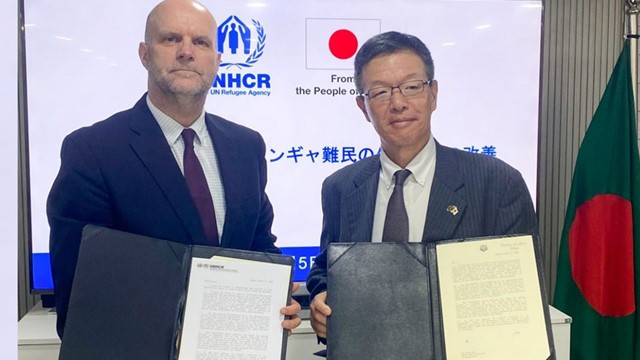

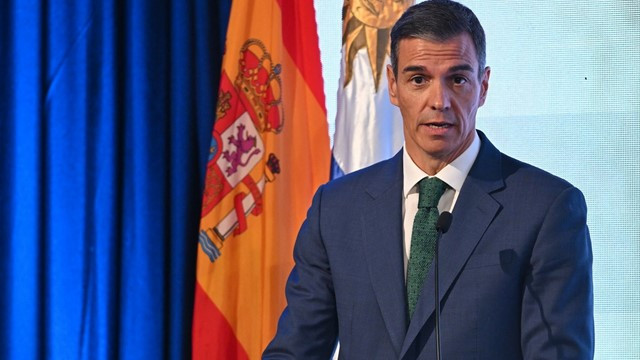
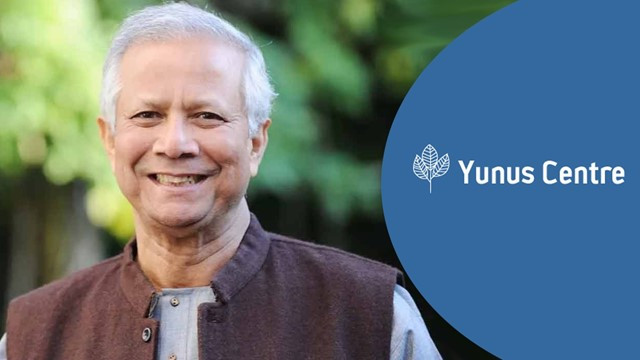
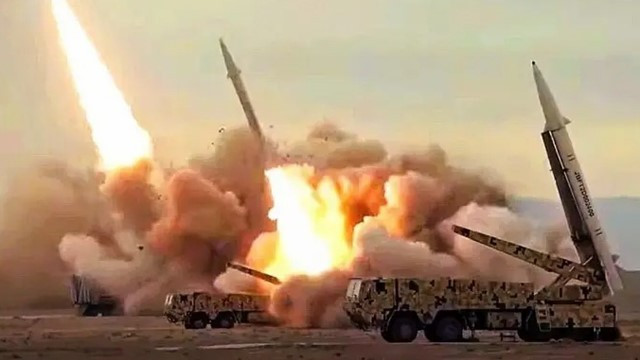
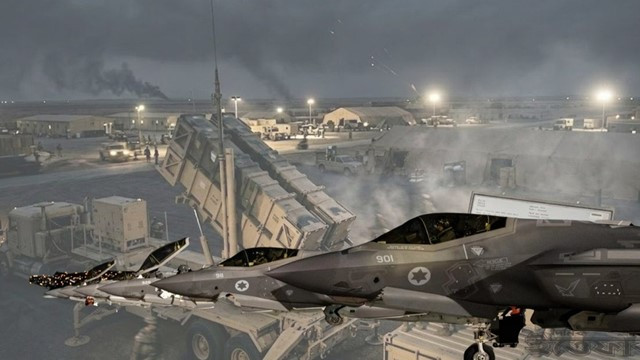
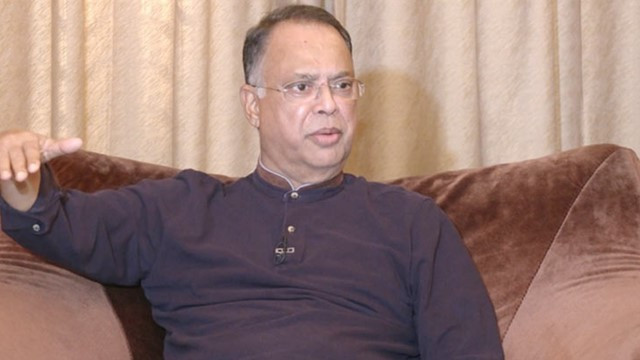
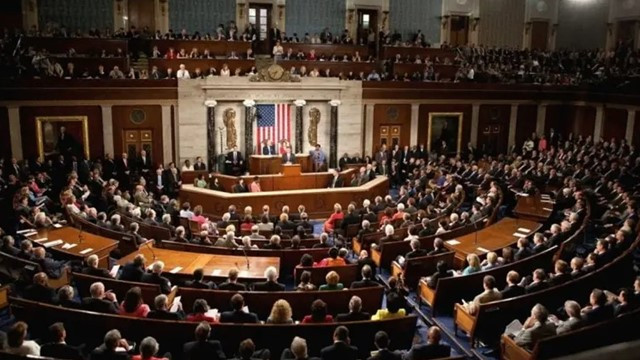
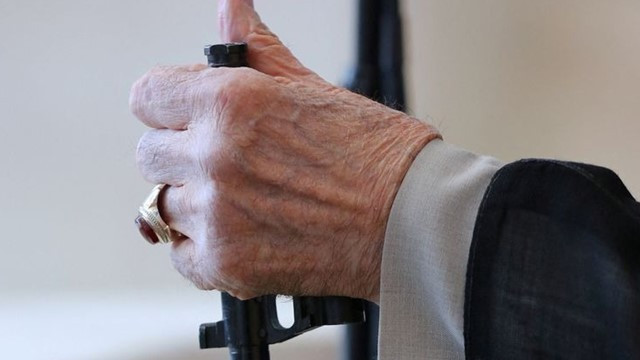
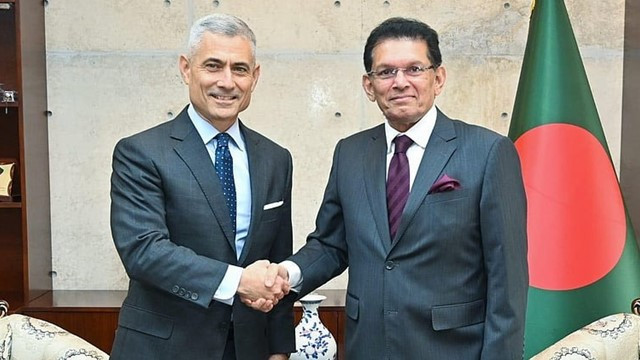
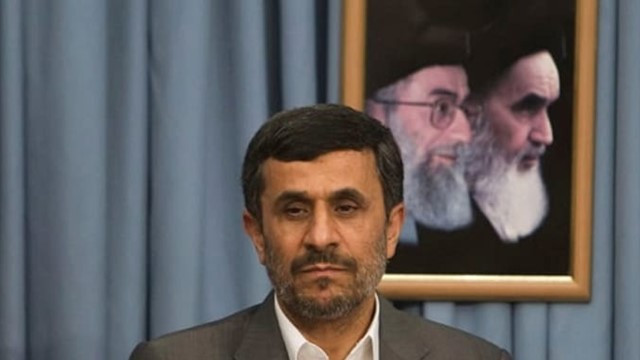

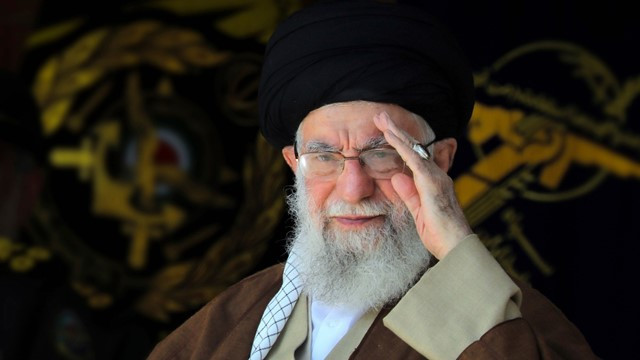
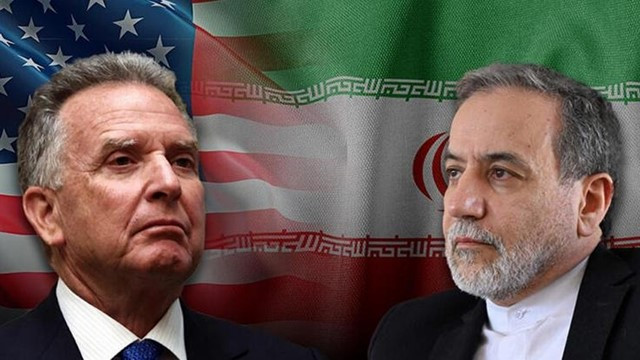
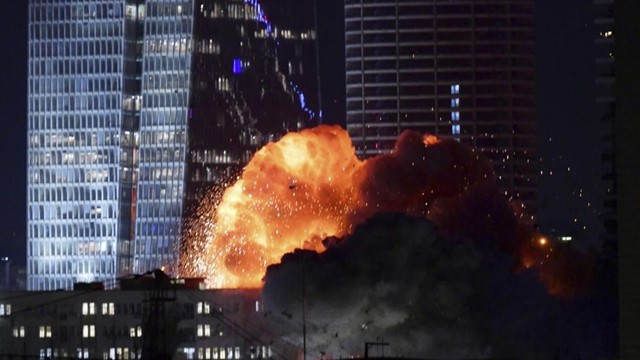
Comments Here: